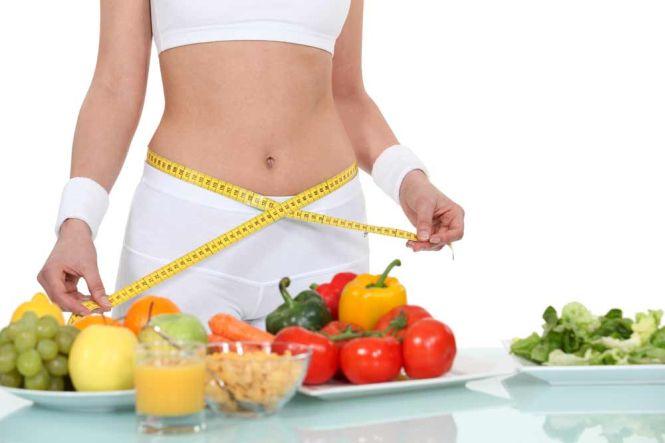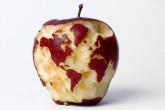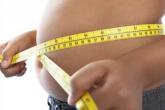Dairy-free diet guidelines:
Milk and dairy products most often cause allergic reactions or food intolerance. Mostly infants and young children are suffering an allergy to cow milk protein. This allergy occurs in approximately 3% of children under the age of 4. Over time, if non dairy elimination diet is used, the body begins to tolerate these products and their consumption ceases to have allergy symptoms.
Milk replacers
In most cases, children outgrow allergies to cow milk protein before they?re 4. Used in this period elimination diet requires proper balance of products to meet the nutritional requirements of the rapidly growing body. During infancy and in young children it is necessary to replace the milk with milk replacers based on casein or whey hydrolysates. Allergenic properties of these compounds are reduced 500-1000 fold compared to conventional mixtures. They should be given to children in the same quantities as milk mixes to healthy children. There are also soy milk replacers available. However, note that almost half of children allergic to cow's milk protein is also allergic to the soy protein.
|
|
|
More proteins
? After the baby period in the diet the amount of other protein sources, such as chicken, turkey, rabbit (least allergenic types of meat) should be increased to prevent deficiency of this component.
? The amount of vegetables, fruits and cereal products should be the same as in the diet of healthy children.
? The elimination of the butter for dairy-free margarine in diet is necessary.
? You should also pay attention to the possible addition of milk to other finished products.
Lactose intolerance
Some of children suffer from an intolerance to milk sugar - lactose. It may be associated with diseases such as celiac disease, gastrointestinal allergy, giardiasis, or with congenital deficiency of digestive enzymes. Chronic fermentation diarrhea, bloating, abdominal pain occurs. In this case, it is necessary to replace the milk with non lactose milk replacers. In children above 5, if there were no allergies to milk protein, sweet milk can be given in small portions, and in larger quantities yoghurt, acidified milk and kefir.
In adults
Also, adults may experience lactose intolerance. The percentage of people with lactase deficiency, the enzyme that breaks down milk sugar reaches 10-15%. These people really should not eat sweet milk (because only such milk contain lactose). And in most cases can without negative consequences for their meals include milk products, such as milky fermented beverages. This is possible because the lactose in these products is mainly distributed in the amount of bacterially derived compounds that do not cause many disorders of the gastrointestinal tract.
Please note that the formation of food intolerance to milk, especially in adults, is associated most often because of not drinking the milk early in life. The effect of this phenomenon is the rising generation with missing or deficient lactase enzyme. It is also worth noting that in some of these people, returning to milk drinking, after time may lead to restoration of production of the enzyme, resulting in disappearance of the symptoms of milk intolerance. In the case of lactose intolerance you can also take special preparations of this enzyme which are available at pharmacies, which should be drunk with milk. People who can not drink milk, must ensure that the right amount of calcium is in the diet. Its source should be a fermented milk drinks, green vegetables and legumes, sardines.
Example of dairy-free diet:
Breakfast:
Wholemeal rye bread with margarine, chicken sausage, salad oil, tea
Lunch:
Natural yoghurt with muesli, mineral water
Dinner:
grilled fish, mashed potatoes, fried spinach, peaches, grapefruit juice
Snack:
Curdled milk with potatoes
Supper:
Wholemeal rye bread, veal sausage defatted beans, mineral water
Sample menu of dairy products
Breakfast:
Kefir with cornflakes, wholemeal bread, rye bread with margarine, beef, salad with cucumbers and chives, tea
Lunch:
Graham bread with margarine, cheese and tomato, orange juice
Dinner:
Vegetable soup, kefir, egg, turkey meatballs with vegetables, groats, coleslaw, carrots with yoghurt sauce, mineral water
Snack:
Banana
Supper:
Chicken stewed in vegetables (carrot, parsley), white bread, multivegetable juice
















